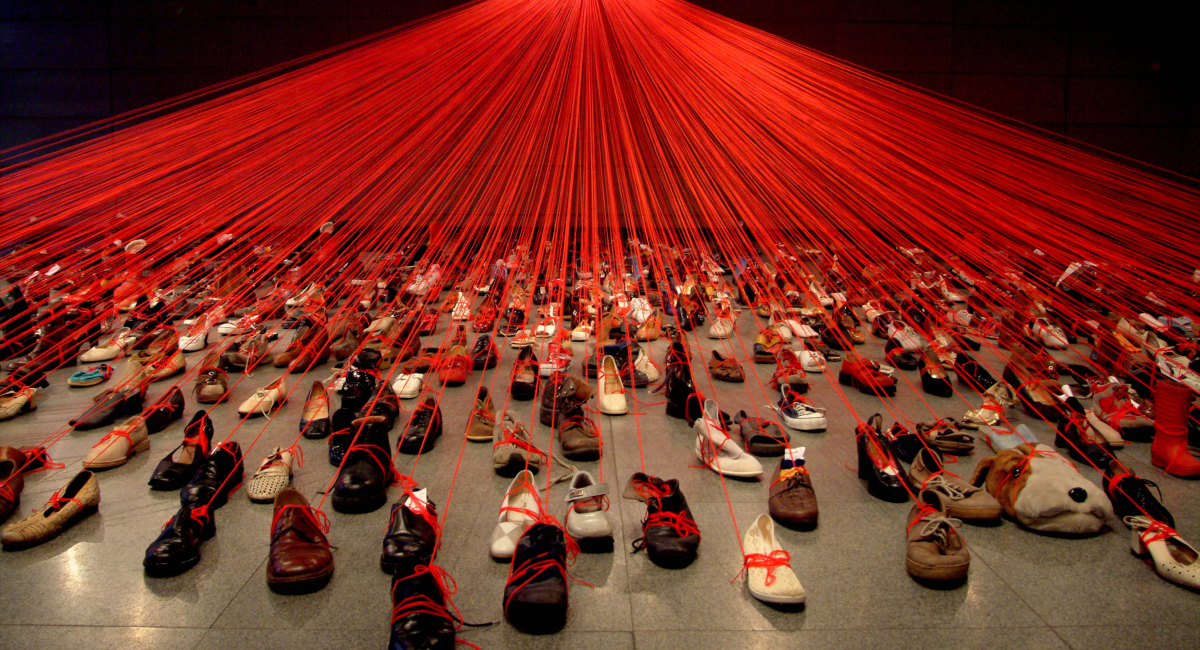Supporting the mobility of artists in Tunisia
This publication is part of a series of articles highlighting the key themes of the upcoming 2018 edition Re|Shaping Cultural Policies to be launched on December 14th 2017 at UNESCO HQ.
The mobility of artists and cultural professionals from the global South is increasingly challenged in the current global security climate. Against this backdrop, corrective measures, including through multilateral cooperation, can be taken to facilitate exchanges and a more balanced access to the global market of cultural goods and services.
While the global North provides the main market destinations for artists and cultural practitioners from the global South, access to these destinations is becoming increasingly difficult in the current global security climate. This new environment is challenging the capacity by Parties to the 2005 Convention for the Protection and Promotion of the Diversity of Cultural Expressions to implement key provisions, such as Article 14 (a)(v) which calls on Parties to provide “support for creative work and facilitating the mobility, to the extent possible, of artists from the developing world” and Article 16 on facilitating “cultural exchanges with developing countries by granting preferential treatment to artists and other cultural professionals and practitioners, as well as cultural goods and services from developing countries.”
Imbalanced mobility
According to the upcoming 2018 edition of UNESCO’s Global Report “Re|Shaping Cultural Policies”, which monitors the implementation of the 2005 convention, there is a persistent global inequality in terms of freedom of movement between the global North and the global South. An analysis of data generated through the Henley & Partners Visa Restrictions Index cited in the Report shows that the average number of countries that can be accessed visa-free by passport-holders from the global North was 156 in 2017, 156 in 2016 and 153 in 2015. In comparison, the number of countries accessible visa-free to passport holders from the global South was 75 in 2017, 72 in 2016 and 70 in 2015 (see evolution below)

This illustrates the wide gap in enjoying the freedom of movement between global North and global South citizens. For example, a holder of a German passport can visit 176 countries without needing a visa, while a holder of an Afghan passport can travel freely to only 24 countries.
Mobility measures in Tunisia
Encouraging the mobility of artists and cultural professionals is recognized as one of the new levers of action of cultural policy in Tunisia. The Ministry of Cultural Affairs (MAC) supports the participation of artists and cultural professionals in cultural events abroad (festivals, fairs, exhibitions, etc.), helping to cover the costs of international travel, stay and/or transportation of works. In 2015, 153 mobility actions were supported by the Ministry.
In October 2016, Tunisia and the EU Commission have also started negotiations to facilitate the process of issuing short-stay visas, with the relaxation or elimination of certain of the requirements laid down by the Visa Code. This could make of Tunisia the first country in North Africa to benefit from an ambitious visa facilitation agreement
The mobility of artists in Tunisia has also been enhanced by multilateral cultural cooperation agreements. In May 2017, Tunisia became the first southern country within the European Neighbourhood Policy (ENP) to participate in the Creative Europe Programme, allowing Tunisian cultural and audiovisual operators to participate in training, film festivals, film education and market access activities.
Such multilateral agreements have the potential to support travel South-North but also South-South mobility for artists.
Within the framework of the project “Enhancing fundamental freedoms through the promotion of the diversity of cultural expressions, funded by the Swedish Government, Tunisia was able to submit in 2016 its second quadrennial periodic Report, assessing how the Convention is being implemented and the challenges faced.



